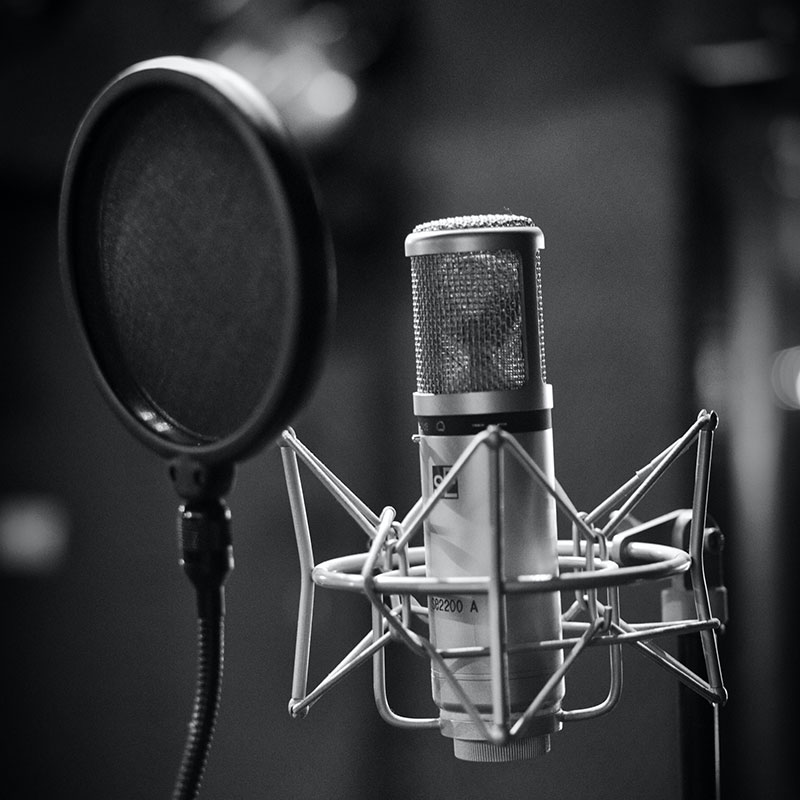What are beats licenses and how do they work?
The music industry has evolved a lot over the years, largely thanks to technology, and from my perspective, in a very positive way.
Where we most notice this change is in the economic aspect, since years ago large investments of money were necessary to get a decent home studio, the promotion of a brand or product could be expensive since there was no internet in the same way as we know him today. Now it is easier to launch a musical career, the offer has increased a lot, but the demand has not increased in the same way, so the prices of instrumentals are more affordable and accessible for many artists, who without a record company behind, would be forced to resign to his dream of creating music for not being able to afford large financial investments.
This is where the sale of instrumental licenses come into play and that is why you must know what they are, how they work and how they differ from each other.
I want to emphasize that this guide is made based on my licensing business and that many other producers license their instrumentals differently, so what I am going to explain here is only a guide to help you understand concepts and definitions, so I always recommend that before buying an instrumental, you read the use licenses and find out about the conditions that the producer imposes on the use of their music.
1. What is an instrument license?
In the presentation of this guide, I have told you that the producer imposes a series of conditions on the use of his music. I highlight this because it is crucial to understand that, when a producer puts his beats on sale and you pay money to download that beat, what you are paying is the price to acquire a license of use, at no time are you or will you be the owner of that rhythm. The beat always belongs to the producer (there are situations where this is not the case and that I will comment briefly later) and what you are paying is the price to be able to use that beat in a certain context and under the conditions described in the license.
That is why it is crucial to read the user licenses and understand them before buying Beats online.
2. Differences between leasing licenses and exclusive licenses.
-Leasing licenses (non-exclusive) are licenses where the producer offers the artist the use of that beat with a series of limited conditions regarding the number of plays, monetization, upload platforms, … For example, based on my licensing system, a Premium leasing license allows you a maximum of 50,000 streaming plays, monetizing on 3 platforms of your choice (Spotify, Apple Music and YouTube for example).
It should be noted that there are many producers who sell their licenses with time limitations, that is, they allow you, for example, to use the beat for 5 years from when the license payment was made. I do not include any time limitations in any of my licenses, they are only limited to the conditions of use.
Something crucial to keep in mind in leasing licenses is that they are not exclusive, so after being sold once, the beat will continue for sale and other artists will be able to continue buying it.
For this reason, it is totally forbidden to make Content ID to the songs that you have made with instrumentals in which you have only acquired a leasing license.
– Exclusive licenses are licenses where the producer offers the artist the use of this beat without any limitation, using the beat in as many projects as he wishes and without any limit of plays or monetization. Exclusive licenses offer the artist the exclusive right to use that beat but in no case exclusive property, that is, the beat continues to belong to the producer. This type of license is where the artist gets the most benefits from her music, and this is one of the reasons why they are the most expensive.
Unlike leasing licenses, an exclusive license can only be sold once to 1 artist and will immediately be withdrawn from sale. In the same way, a beat that has already been sold with a leasing license can no longer be sold with an exclusive license, since exclusivity no longer exists in this case. There are producers who after selling a leasing license continue to allow the sale of the exclusive license of that beat, it is something that I do not particularly do because I understand that if a beat has already been sold only once (even with a leasing license), it automatically loses its exclusivity.
If you buy the exclusive license of an instrumental, the logical thing would be to think that with the song you make if you can do Content ID, but this is not always the case. Because to be able to make Content ID on a musical work you have to be the owner of the exclusive property and as I have already mentioned, you buy the exclusive rights of the instrumental but the exclusive property of the beat still belongs to the producer. So if you want to make Content ID to your songs, you will have to reach an agreement with the producer.
There are exceptions where the producer can sell the exclusive property of a beat, but in these cases, the price of the beat is usually much more expensive. This is something that I never do and I recommend not doing it because I want to avoid losing the rights to my music and I want my authorship to always be recognized.

